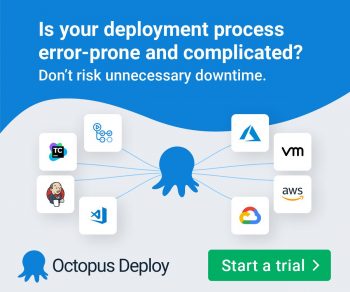In this article, I will attempt to predict the future of law. I am not the first to do so, Professor Richard Susskind, who is President of the Society of the Computers and Law told Thomson Reuters last year that he sees a move from bespoke legal services to legal services in cart as the future of the legal profession. Professor Richard envisages that people will no longer go to a lawyer to draft a document but that lawyers will license their systems and clients will generate their own documents.
In my view, the future lies in the pockets of lawyers, contained in the power of the smart phone. Before we delve into the evolution of the legal profession, we should start by considering whether there is a real need to evolve. Ask any season legal practitioner and they will simply ask- what is the problem that you are solving for? In many ways, the problem being solved for is not new. There are several instances when real time legal advice is sought or required. Think of the angel investor who has just listened to an impassion elevator pitch, wanting a quick ‘it can or can’t be done’ from his lawyer before spending hours poring over the idea. Or the small business owner, eager to partner on a new business venture, wanting a lawyer to quickly say ‘yes you can sign the Non-Disclosure Agreement’. A family member heading off to the bank holding a power of attorney, does not want to have to return 2 days later once the lawyers have approved the document. The need, lawyers have been solving for, for years now is real advice, in real time provide anywhere. Advancements in technology makes this more possible than ever in our time to finally achieve this.
So how do we do this?
No, I am not pitching some complex technology (*cough* did someone say blockchain). My proposal is simplistic and arguably the most basic of AI using tools. Yes, you guessed it the humble bot. So, before you nod off wondering how you landed in 2015- hear me out. A bot is short for web robot, which is a software application programmed to execute automated tasks over the internet. By now, we are all familiar with chatbots which use both Natural Language Processing and Machine Learning to deliver personalized basic customer services. These are so pervasive you can get one directly from the internet. But therein lies the beauty- because bots have been around for a while now their functionality has drastically improved, and clients are familiar with them having used them for other services like banking and insurance even investing for a while now.
This solution of course is not new, as William Gibson told us back in 2003- ‘the future is here it is just not evenly distributed’. We already have DoNotPay which started off as an app for contesting parking tickets and has since expanded to cover legal issues relating to consumer protection to immigration issues, to flight ticket refunds. The Robot Lawyer, supported by IBM’s Watson computer, makes use of automation to provide free legal consultation to the public. And Lisa- the AI lawyer. LISA can help you understand not just legal principles but the commercial principles underpinning your legal problem or document. She can help you with basic contract negotiation and will answer your basic legal questions including whether your will fall foul of any laws should you proceed.
Chatbots are clearly booming, during 2019 67% of internet users interacted with a chatbot. Facebook has implemented more than 300 000 bots on their messenger platform. In addition, Juniper Research forecasts that by 2023, the adoption of chatbots in sectors such as retail, banking and medical care will result in savings of about 11 billion dollars.
Where do you start?
Simply, by using your old solutions with a new interface. Lawyers have been solving the real time advice problem through Frequently Asked Questions manuals or toolkits, Doing Business In -insert country name here- guides, decision trees, templates. I am proposing that you use the existing content and just add the new technological tools available. FAQs work brilliantly on a chatbot interface- all you do is create multiple variations of the questions you have (which in bot language is called intent loading)– the answer remains the same. Load the intents, test functionality and release. We have already seen how legal service provider platforms like Afriwise have automated doing business guides, backed by reputable law firms.
Add an app for your law firm in addition to the webpage currently available. In fact, I would go so far as to say, replace the webpage with an app. After all if new banking entrants like Discovery Bank can enter the financial services market without offering online banking- surely the time of webpages has passed. Have an app give your clients and customer access to basic legal services in their pockets so they can access it whenever and wherever they want.
What’s the value?
- You free up your lawyer’s time to focus on complex legal issues,
- You give your clients 24-hour access to legal services
- You have a new solution for an old problem
- Lastly, it makes commercial sense. The value of investing in a bot is that the intent or machine learning over time produces more accurate responses and as they evolve there is greater ability to execute task automation.

















